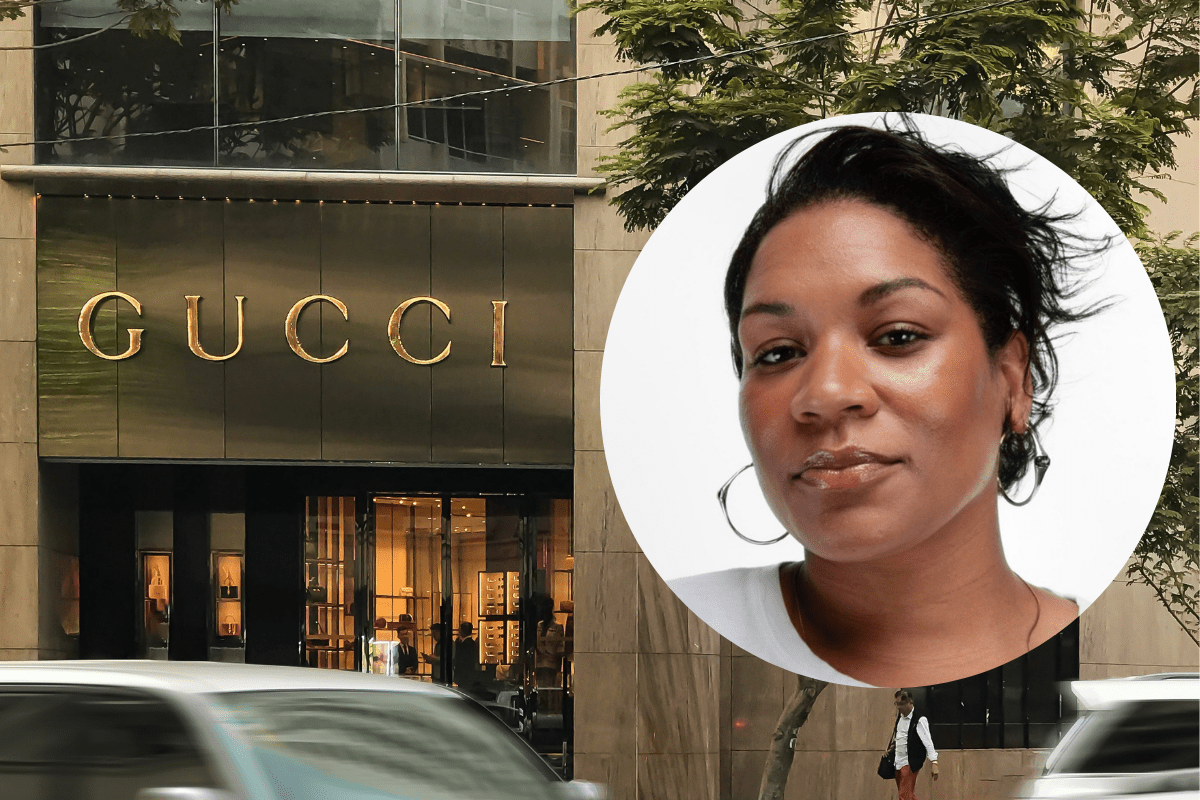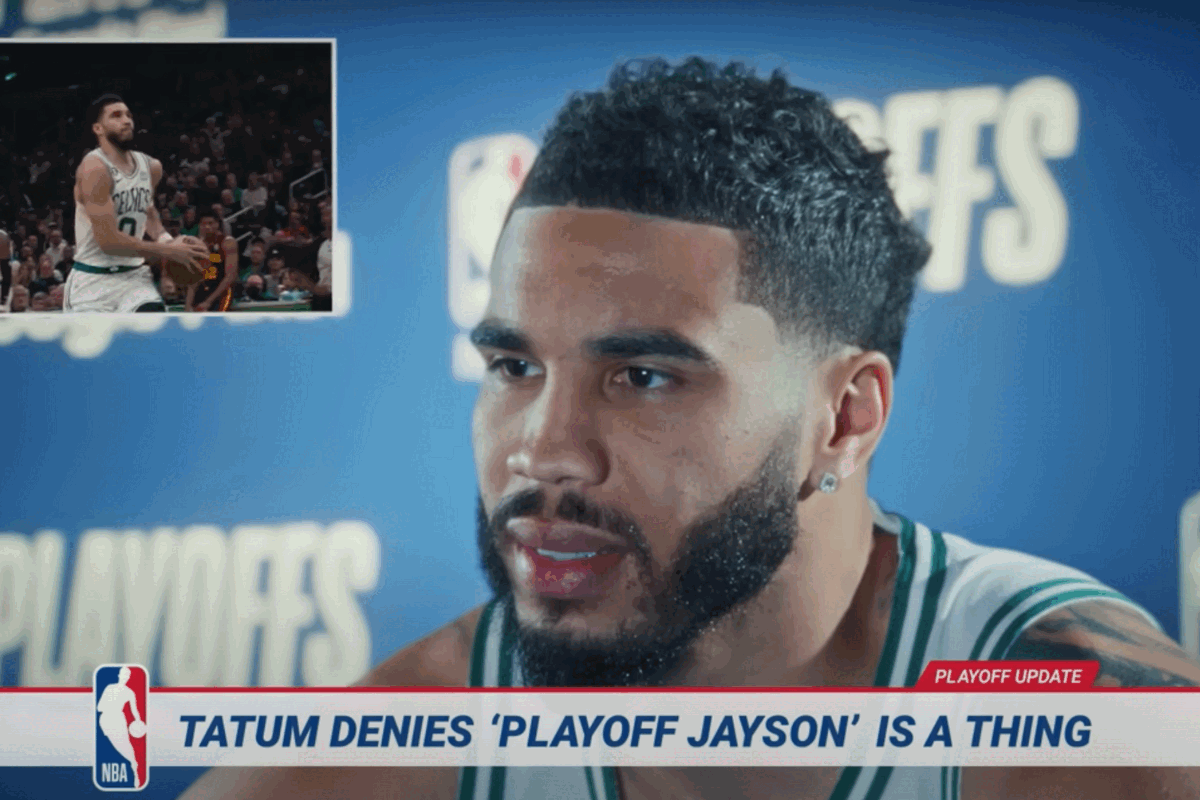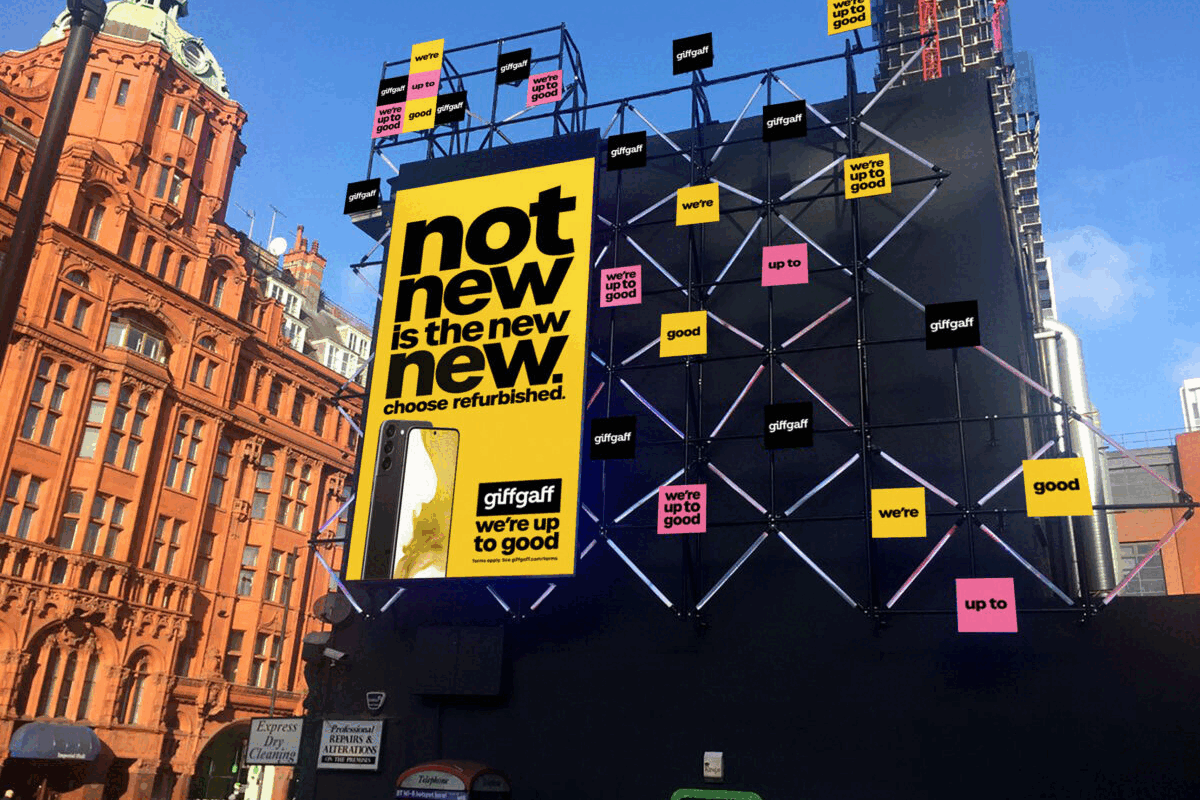Facebook Q4 revenues rise, but full-year profits slide
- Thursday, January 30th, 2020
- Share this article:
 Facebook’s full-year profits for 2019 fell by 16 per cent year-on-year to $18.4bn (£14.2bn), despite a 27 per cent increase in ad revenues to more than $70bn, against $55.8bn in 2018. Expenses rose sharply by 51 per cent, however, due primarily to legal costs. Facebook was hit by a $5bn fine by US regulators in July, related to privacy issues. Revenues for the fourth quarter alone rose 25 per cent to $21.08bn.
Facebook’s full-year profits for 2019 fell by 16 per cent year-on-year to $18.4bn (£14.2bn), despite a 27 per cent increase in ad revenues to more than $70bn, against $55.8bn in 2018. Expenses rose sharply by 51 per cent, however, due primarily to legal costs. Facebook was hit by a $5bn fine by US regulators in July, related to privacy issues. Revenues for the fourth quarter alone rose 25 per cent to $21.08bn.
The results saw Facebook’s stock slide by 6 per cent in after-hours trading. Facebook reported 2.26bn daily active users (DAUs) across its various platforms, including Facebook, Instagram, WhatsApp and Messenger, in December, an 11 per cent year-on-year increase. Of these, Facebook made up 1.7bn DAUs. Across all platforms, Facebook reported “around 2.9bn” monthly active users.
In an analyst call, Facebook CEO Mark Zuckerberg said the company’s priorities for 2020 remained as outlined last year, namely: “making progress on the major social issues, building qualitatively new product experiences, continuing to grow our business, and getting out there and communicating more transparently.”
He also said he was excited about WhatsApp payments, saying: “Youre going to be able to send money as quickly and easily as sending a photo… Im really excited about this, and I expect this to start rolling out in a number of countries and for us to make a lot of progress here in the next six months.” He also said the company was less bothered thsan it had been in the past about being liked, saying: “My goal for this next decade isnt to be liked but to be understood, because in order to be trusted, people need to know what you stand for.”
Despite the negative sentiment towards Facebook, as evidenced by the fall in its share price, eMarketer principal analyst Debra Aho Williamson said the company had once again delivered:
“The story for Facebook was the same in Q4 as it has been for many of the previous quarters,” she said. “Despite all of the concerns that have been swirling around the company in the past two years, it beat expectations on revenue, and it demonstrated continued growth in its user base. This is a company that has shown that it can withstand ongoing criticism of its practices and yet still pull out gains in both revenue and users. eMarketer expects this momentum to continue into 2020. Advertisers are expected to increase spending on Facebook (including Instagram) by 22 per cent this year. Separating Instagram out, we expect that property to increase its ad revenue by 54 per cent this year, as advertisers continue to flock to Instagram for feed advertising, story advertising and also the potential for ad placements in the Explore tab.”
Aaron Goldman, CMO, 4C Insights was also upbeat about the results. He said: “Our advertisers increased their spend on Facebook by 40 per cent in the 4th quarter of 2019 compared to 2018. The platform continued to deliver strong results thanks to the combination of audience scale, engaging content, and advertising precision. Looking ahead we expect to see continued growth as the Stories format continues to get traction with both consumers and brands. We are also seeing strength across Facebook and Instagram with video ads as part of a cross-channel approach to managing reach and frequency. Additionally, the rollout of Instagram checkout is helping bring more commercial intent to the platform which will further drive positive business outcomes for marketers.”
And Yuval Ben-Itzhak, CEO of Socialbakers, said that the combination of Facebook’s continuing appeal to advertisers, coupled with the success of formats like Instagram Stories “means no other social media platform can currently come close.”
But he cautioned the company against complacency, saying: “Despite its ongoing success, Facebook shouldn’t get complacent. Instagram still faces fierce competition from TikTok in the fight for Gen Z engagement. That being said, Facebook still has room to further monetise. As social media moves towards social commerce, Facebook and its family of applications is well positioned to offer businesses the full marketing funnel, from product discovery to payment and post-purchase customer care, tapping into the needs of the modern social-savvy consumer.”
Laura Gibson, head of social at Cheil UK, also expressed a note of caution. She said: “Privacy issues and data breaches seem to follow Facebook wherever it goes, and general sentiment among users is negative both for the platform and for founder Mark Zuckerberg. But as the companys fourth quarter earnings are announced, here we are again with results that defy the general sentiment. People are still clicking ads, theyre still downloading the app along with Whatsapp, Instagram and Messenger, and therefore advertisers are still spending their money. The introduction of new business manager tools streamlining the creation of audience-specific ads and allowing advertisers to optimise outcomes are both developments that make Facebook a very enticing space to advertise in.
“But a good quarter doesnt necessarily mean a good future. One concern for the platform is that the Gen Z arent using Facebook in the same way as as its core audience – older millennials and baby boomers. As this new generation gets older, will Facebook become redundant? Well its certainly something the platform must consider and it looks like already on the front foot, with new opportunities in commerce, the long term potential of VR and AR within the platform and, as we see more people move to online shopping, payments innovations, too.















